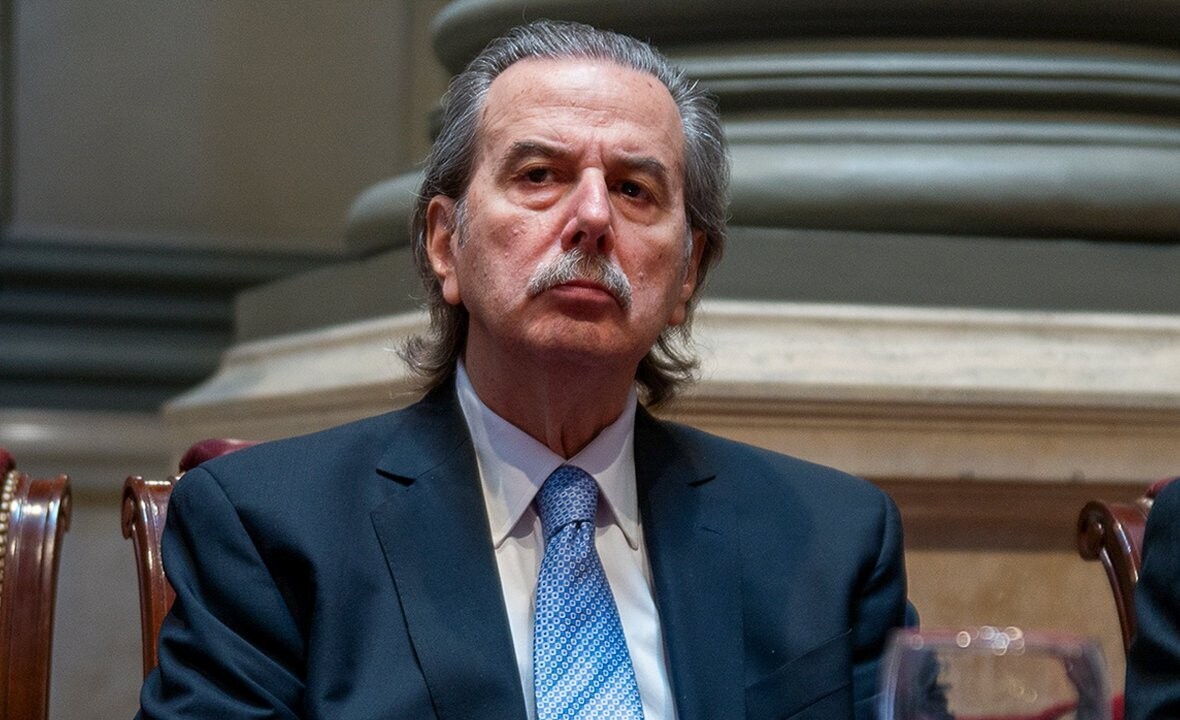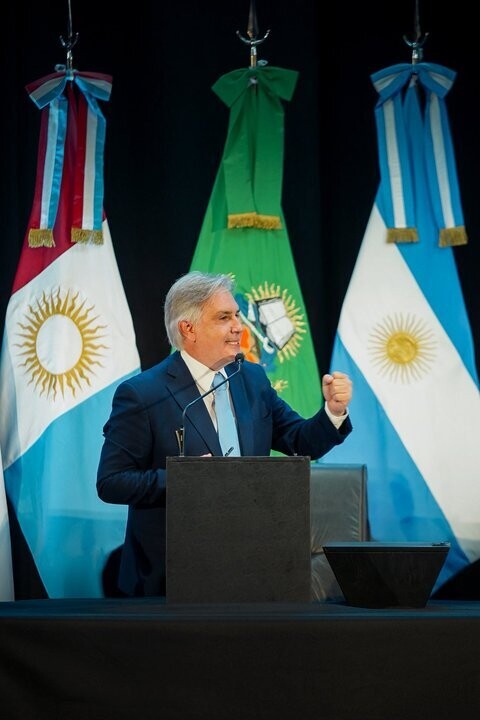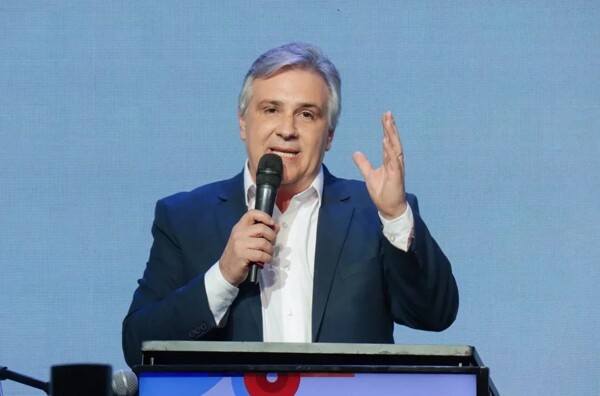
The judge of the Supreme Court of Justice, Juan Carlos Maqueda, emphasized the importance of finding paths of dialogue to resolve institutional conflicts through agreements, not just in the judicial realm. In an interview with the newspaper La Voz, Maqueda underscored the need to ensure constitutionality and defend federalism as fundamental functions in his role as a supreme judge.
Regarding the surprising news of his retirement announced by the government of Javier Milei, Maqueda expressed his astonishment at the way this decision was made public. The magistrate pointed out that it was not planned and that he did not receive prior notification about it.
Concerning the representation of women in the Supreme Court, Maqueda highlighted the importance of having women in the highest court to reflect a balance in its integration. He also mentioned the workload of the court, which receives between 10,000 and 20,000 lawsuits a year, resolving around 80 highly relevant cases.
Maqueda also addressed the issue of decrees of necessity and urgency (DNU), considering them exceptional tools that Congress has tried to restrict, although they have been necessary in various situations. He emphasized that not all cases can reach the Supreme Court and that an extraordinary appeal must demonstrate a substantial constitutional issue or arbitrariness.
Regarding polarization in society, the judge reiterated the importance of prioritizing institutional dialogue to resolve the conflicts affecting society. Lastly, Maqueda pointed out that the fact that former president Cristina Kirchner held the presidency "does not make her case extraordinary." During his visit to Córdoba, the magistrate discussed these topics, among others, related to the judicial and political realm in Argentina.














